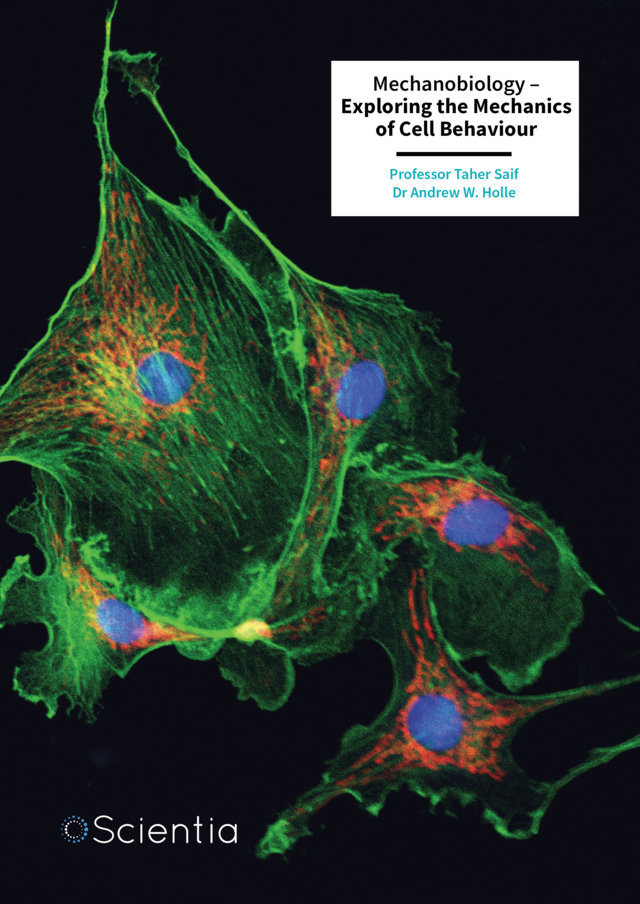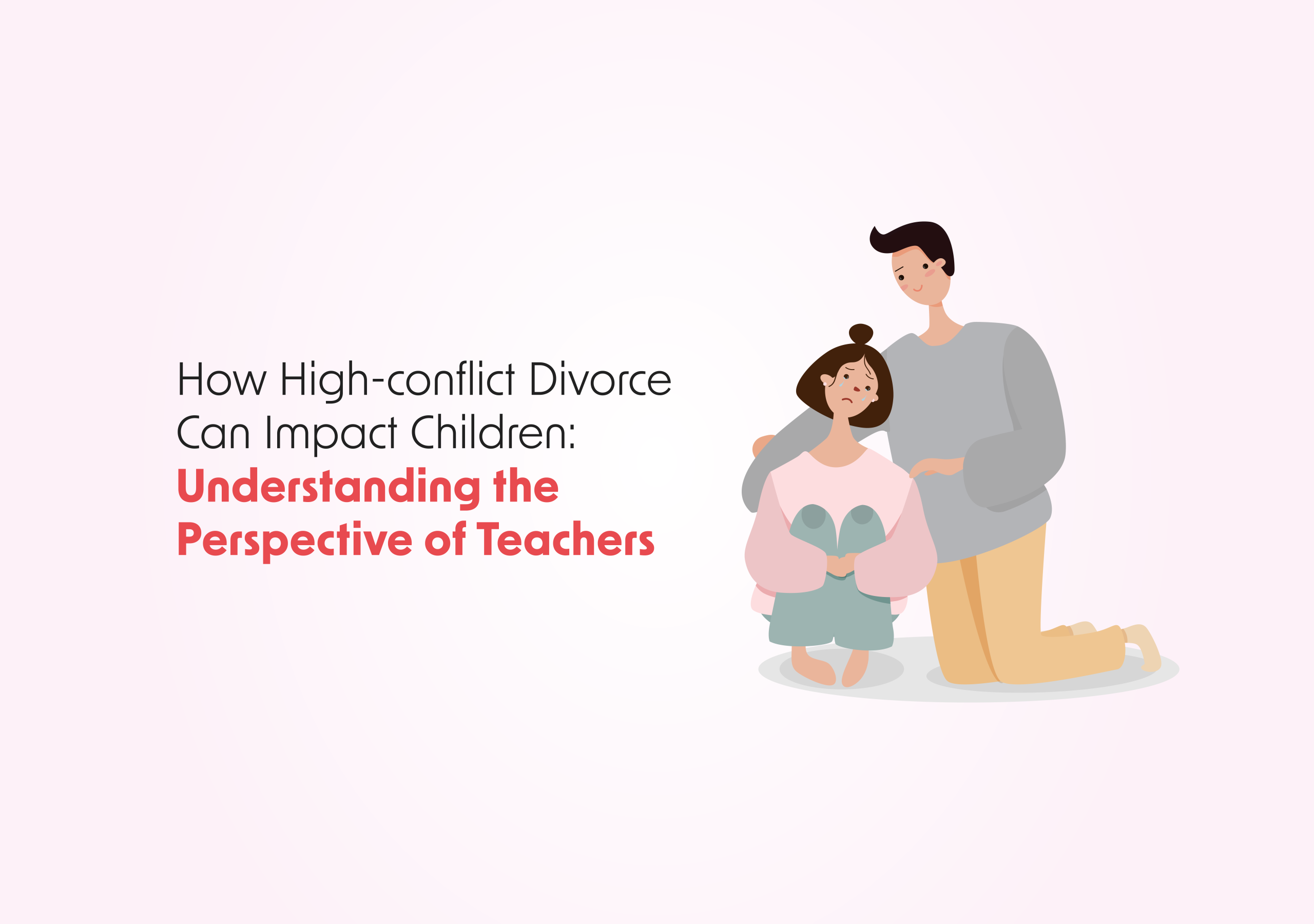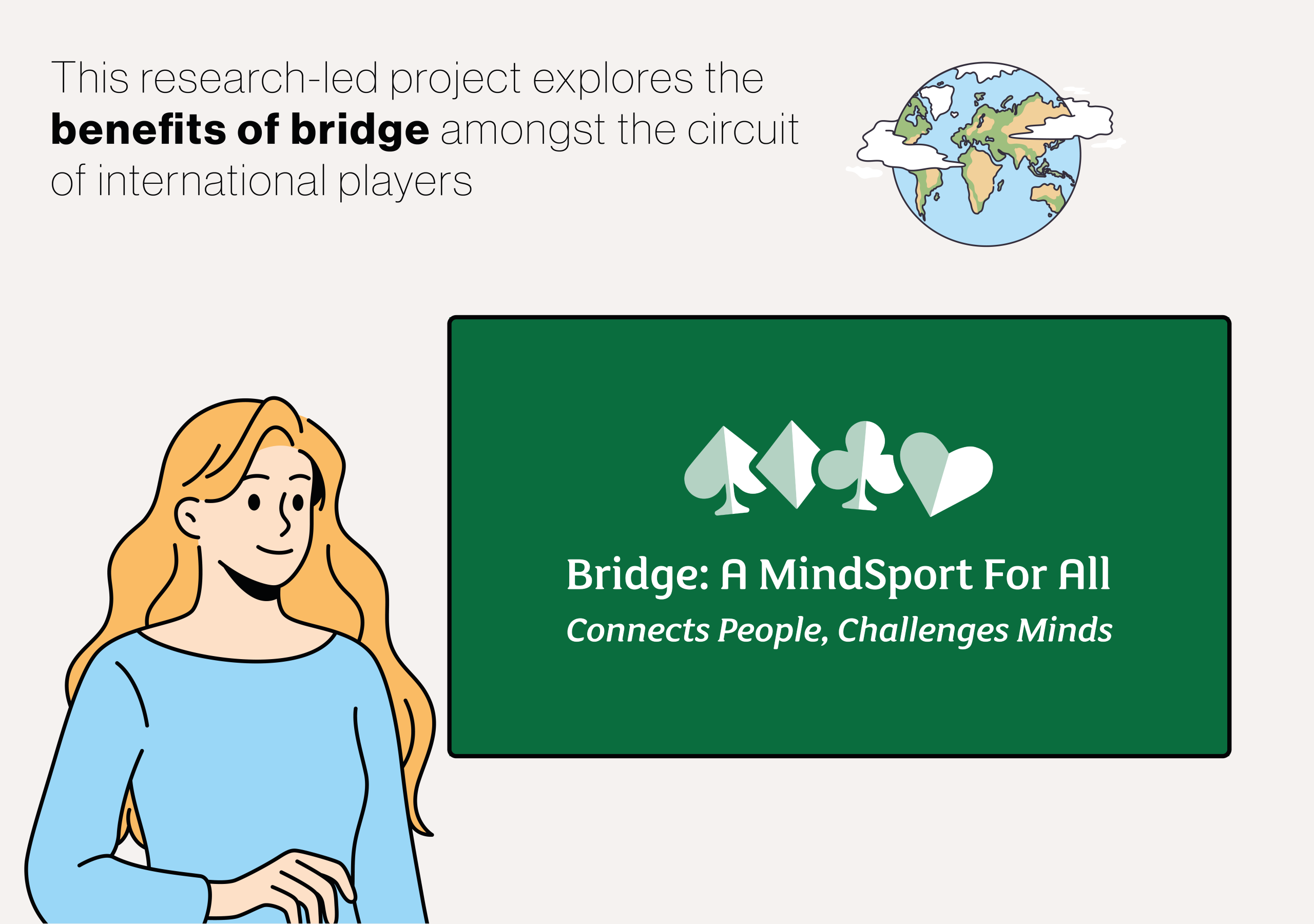Anesthesia in the US is currently delivered through a team-based approach, with physician anesthesiologists supervising certified registered nurse anesthetists. However, in over 20 states, there is no requirement for nurse anesthetists to be supervised by anesthesiologists, allowing them to work independently. This has resulted in a bitter turf war over the rights and responsibilities of physicians and advanced practice nurses working in this discipline to provide patient care, paving the way for daily acrimony and a toxic working environment. The mindset behind this adversarial approach can be compared with a “finite game”, where there are clear winners and losers. Aiming to challenge this dysfunctional tribalism, Dr. Matthew Sherrer from the University of Alabama Birmingham and colleagues have drawn on an alternative mindset: the infinite game. More
Humans are tribal creatures. Given the right conditions, such as a perceived scarcity of resources, many of us will rapidly adopt an “us vs. them” mindset. This tendency towards conflict and competition is firmly rooted in our evolution, where survival of the fittest is a major driving mechanism. However, these thought patterns can be deeply problematic when they erupt in a professional capacity, and prevent colleagues from effectively working together.
This is the situation in which anesthesiologists and certified registered nurse anesthetists find themselves in many US hospitals. A perceived scrabble for professional rights and responsibilities can develop into a toxic work culture, with micro-aggressions and conflict common in the surgical theatre. The consequences of this strife are serious, with burnout and anxiety affecting staff along with a potential reduction in the quality of patient care.
Recognizing the untenable nature of this situation, Dr. Sherrer, an anesthesiologist, began to think about different ways to interact with his colleagues. He realized that healthcare is a team sport, and if healthcare is to be evidence-based, then it would make sense to use the evidence for effective team-work.
Dr. Sherrer realized that the participants in this conflict could be described as having a “finite game” mindset. A finite game is played with the purpose of winning and relegating your opponent to a losing position. However, while reading the 2019 book, The Infinite Game by Simon Sinek, Dr. Sherrer discovered that an infinite game mindset could provide a blueprint for reduced conflict and enhanced cooperation in anesthesia.
An infinite game is not played to win, but rather ‘winning’ is interpreted as staying in the game as long as possible. This could be described as a mindset that prioritizes strategies to enhance the longevity of participation in the game. One could describe marriage as an infinite game, for example, where “winning” is the stable continuation of a happy marriage, rather than somehow defeating your spouse.
In a recent Commentary paper, Dr. Sherrer and his colleagues expand on five practices originally proposed by Simon Sinek as essential when adopting an infinite game mindset, and discusses how they can be applied to address the current discord in anesthesia. These are advancing a just cause, building trusting teams, studying your worthy rivals, preparing for existential flexibility and demonstrating the courage to lead. The authors of the paper envisage these principles as forming the basis for Infinite Anesthesia, a platform that hosts these concepts as they apply to anesthesia, with a view to share this philosophy as widely as possible to enable change.
In the context of anesthesia, advancing a just cause takes the form of aspiring to create a supportive workplace where anesthesiologists and nurse anesthetists work together in a respectful way to focus on their mutual top priority – patient care. This acknowledges that the patient loses in the finite game that is currently playing out in anesthesia. Patient and healthcare staff satisfaction represent valid metrics to measure whether this just cause has been fulfilled.
The second principle, building trusting teams, is one that Dr. Sherrer has already tackled in his own institution, which suffered from discord among anesthesia staff. Rather than let a toxic work culture fester under the surface, the hospital elected to bring in professional facilitators who chaired meetings between the warring parties where open dialogue was encouraged. Dr. Sherrer and his colleagues describe these meetings as very challenging but incredibly worthwhile, and they have paved the way for respectful and trusting working conditions with more open communication.
The third principle involves studying your worthy rivals. In the context of anesthesia, this would involve anesthesiologists and nurse anesthetists changing their mindset towards each other. In the current finite game mentality, anesthesiologists and nurse anesthetists see each other as serious rivals or even enemies. Changing to an infinite game mindset would involve seeing each other as fellow players in the game, where the real enemy is counterproductive adversarial behavior.
The fourth principle is preparing for existential flexibility, which means the ability to drastically change course to advance a just cause. In a finite game, drastically changing course is typically reactive and defensive, whereas in an infinite game, this should be possible in a responsive way that accounts for the needs of all stakeholders.
In the context of anesthesia, this involves acknowledging the great strides that have been made in terms of patient safety, which has directly facilitated the rise of nurse anesthetists as semi-independent practitioners of anesthesia. An infinite mindset celebrates this, and seeks to build on it. This could take the form of encouraging people within the anesthesia community to explore new avenues of patient care, such as wearable devices that can extend this impressive patient safety to the post-operative space, while continuing to use existing technologies to further enhance patient safety.
The final principle is demonstrating the courage to lead. Dr. Sherrer and his colleagues’ paper detailing the application of an infinite mindset has already generated controversy within the anesthesia community, with some keen to maintain the status quo. However, an infinite mindset seeks to use opposing views to provide balance and inform strategic decision-making. Forward-looking thinking and grounded, pragmatic thinking can complement each other, with one providing a potential future direction and the other providing helpful detail that can assist in stress-testing, avoiding errors and making sure that ideas stack up in ‘real world’ scenarios.
Excitingly, an infinite mindset and the principles underlying it are not just applicable to anesthesia. There are many workplaces with toxic rivalries, in medicine and beyond. By promoting these principles and demonstrating that they can work in anesthesia, Dr. Sherrer and his colleagues hope that others may adopt and use an infinite mindset to enhance collaboration and productivity in a wide variety of fields.







